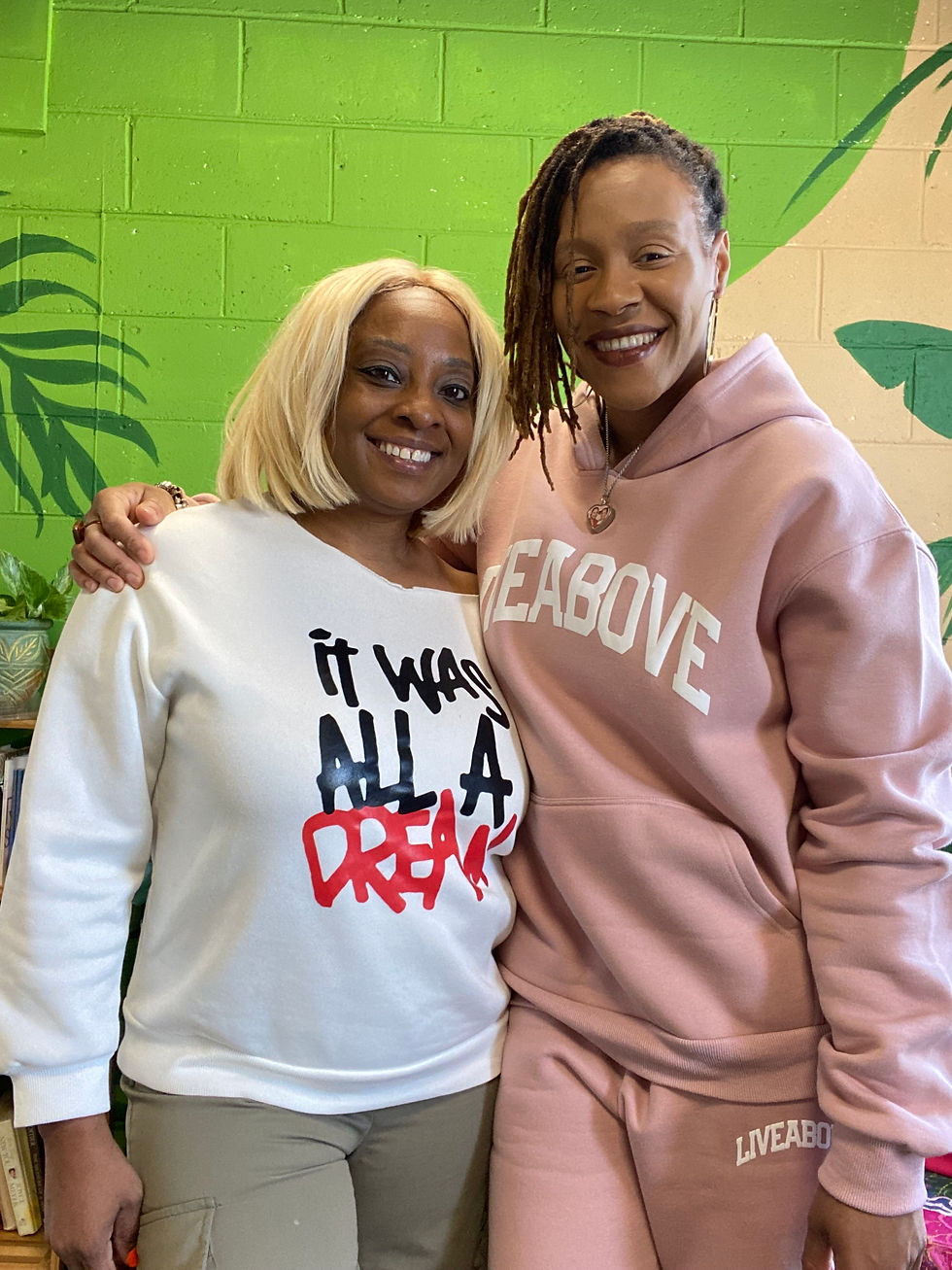Black Girl, Normalize Accepting The Proper Apology
- Chem Novels

- Nov 16, 2021
- 3 min read
Updated: Oct 1, 2022
Sistahs, we have it hard as it is.
We're the most unappreciated group of people in America, yet the most educated.
We're the most intimidating group of people in America, yet the most genuine.
We're usually the most mentally and physically abused group of people in a romantic relationship. Yet, the most loving.
We're usually the minority in most workplaces and have to suffer from the most backhanded comments because of it.
People love feeling entitled enough to open their mouths at work and say the wrong things to us because they're utterly oblivious to their actions. The moment they see that we're uncomfortable comes the awkward apology: "Oh, I'm sorry, I didn't mean anything by it" or "Pardon me for my insensitivity."
Black women and teen girls also experience most domestic violence in romantic relationships. According to statistics from The Institute of Women's Policy Research's Status of Black Women in the United States, more than 40% of Black women will experience domestic violence in their lifetime. Our culture is currently dealing with a power struggle within our intimate settings due to programmed propaganda, and some of our men feel the need to rise by abusing us to show who's boss. Rap music has also influenced our culture to believe that the degradation of Black women, toxic relationships, and cheating is the thing to do. In comes the constant need to apologize for their actions, knowing they're not going to change because the disparities of resources for Black women to seek mental and medical help are limited. Simply put, America doesn't care about us, and our culture knows it. That's why people can get away with mistreating Black women.
And that's where I step in.
Check out my top 3 DON'Ts when accepting a proper apology.
Accepting sincere apologies is a form of self-love and self-care for the Black girl. It is necessary and more important than you think it is.
DON'T accept changed behavior without an apology.
- They're only going to change their behavior towards you if they're genuinely sorry for it.
- If people don't do both, apologize and change their behavior, they'll more than likely repeat the same offense towards you again.
DON'T accept the notion of "I'm sorry for whatever I did."
- If they don't know what they've done wrong, then the offense is repeated twice because that person will have no idea why they're apologizing.
- Make sure when people are apologizing to you they
1. Know what they've done wrong and
2. Believe that the offense they've committed towards you was wrong.
If they don't believe it, then don't receive it.
DON'T accept an apology via text message.
- Always strive to accept an apology face-to-face. Being in person allows you both to study body language and determine its sincerity.
- If, for whatever reason, you can't speak face-to-face, accept an apology in a phone call. If you can't visibly see the apology in person, you can at least hear it in depth by the tone of their voice; if they have an iPhone, Facetime them.
The point is to make sure that when you're in a position to accept an apology, get as much physical contact as possible to determine its sincerity and read body language.
Avoid the trauma of people apologizing for the same offense more than once and stop accepting phony apologies.
Avoid engaging in conversations with people who create the same trauma patterns to ooze into your personal space.
You are human, and you should never have to keep constantly applying a band-aid to the same open wound.
Allow it to heal.
Your feelings are valid.
You matter just as much as everyone else does.
Protect your peace, Queens.
I love you.
© Copyright





Comments